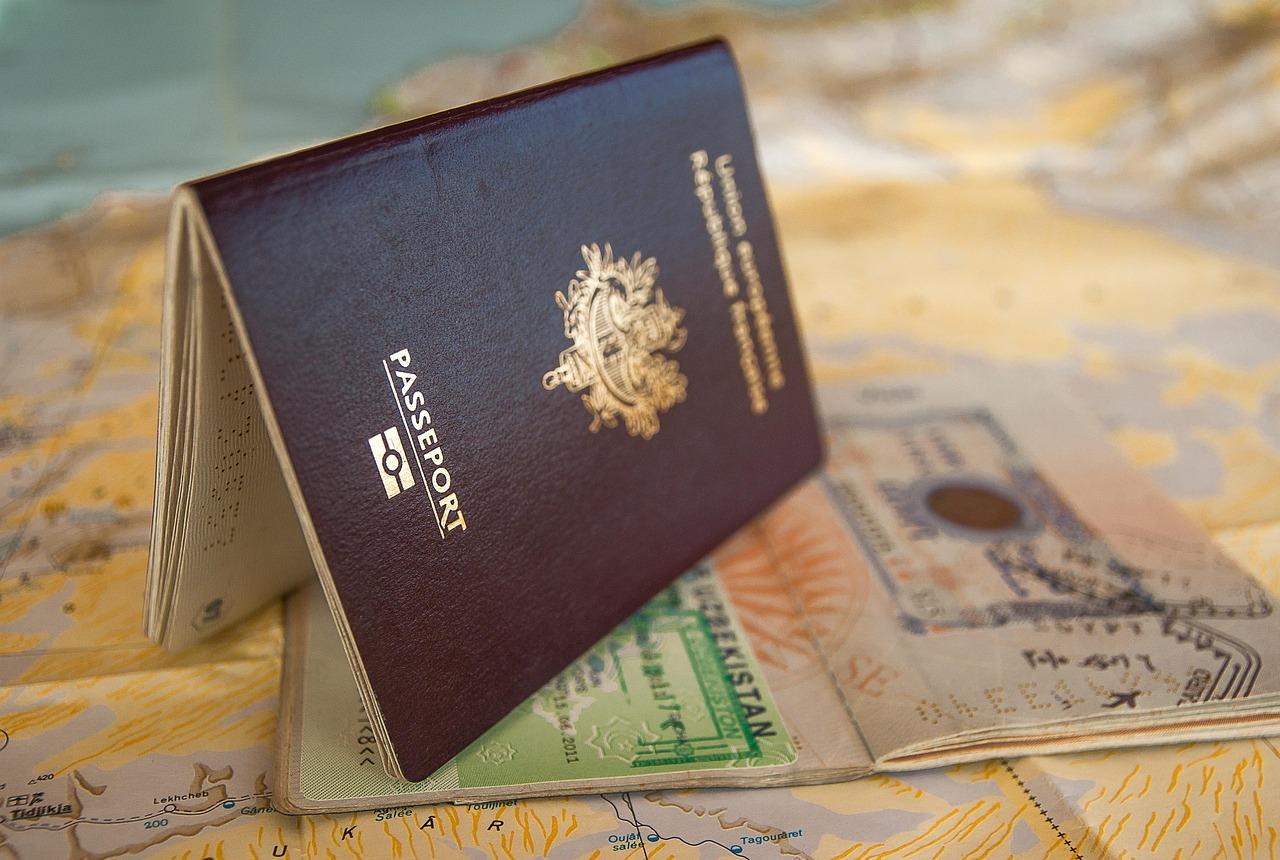42 countries in which to travel without a passport
Published on 8 juillet 2022There are a few countries in which you can travel without a passport. These countries are generally Member States of the European Union or the Schengen area. Nationals of these countries can enter and exit freely, and there are no customs formalities or registration. However, it is important to ask before booking your flight and hotel. Here is the list of 42 countries in which you, as a French citizen, can travel without a passport, only with your French national identity card (CNI).
26 countries in the Schengen area
The Schengen area is an area of free movement of persons within the European Union. This area is composed of 26 countries, including 22 EU members and 4 EFTA members (Iceland, Lichtenstein, Norway and Switzerland). People travelling in the Schengen area are not subject to customs formalities or border controls. You can stay there for 90 days (equivalent to 3 months).
👉 The 26 countries are: Austria, Belgium, Denmark, Estonia, Finland, France, Germany, Greece, Hungary, Iceland, Italy, Latvia, Liechtenstein, Lithuania, Luxembourg, Malta, Norway, Netherlands, Poland, Portugal, Czech Republic, Slovakia, Slovenia, Sweden and Switzerland.
⚠️ For departures in French overseas territory (DROM-COM/DOM-TOM):
Passports are not normally required for flights to the West Indies (Guadeloupe, Guyana, Martinique), Reunion Island, Mayotte, Saint Barthélemy and Saint-Pierre Emikeron. However, please note that you will need this document if you are booking a stopover flight. French Polynesia and New Caledonia are not accessible by direct flights, so you must present your passport. The ultramarine territories of the Schengen area are another possibility of a holiday abroad without a passport, accessible only on identity card: Azores, Canaries, Balearics, Sardinia, Sicily.
5 other countries in the European Union
Some countries of the European Union are not included in the Schengen area but still remain accessible on presentation of your French identity card. This means that border controls remain in place. You can stay there for 90 days (equivalent to 3 months).
👉 The 5 countries are Bulgaria, Cyprus, Croatia, Ireland and Romania.
8 additional European countries
Some countries of the European continent are neither members of the European Union nor included in the Schengen area. However, agreements between France and eight other European countries allow French citizens to enter these countries only on presentation of an identity card. You can stay there for 90 days (equivalent to 3 months).
👉 The 8 countries are Albania, Andorra, Bosnia and Herzegovina, Serbia, Montenegro, Macedonia, Liechtenstein and Monaco.
3 countries outside Europe: Tunisia, Egypt, Turkey
Few countries exempt travellers from passports during border checks outside Europe. The first of them took a foothold in Europe: it is Turkey. French travellers can discover the wonders of Istanbul and Cappadocia with a simple ID card. The identity card must be valid for at least 150 days (5 months) from the date of entry.
This also applies to Egypt. If you do not have a passport, you must present a piece of identification with a validity date of at least 6 months after your return to France. In addition, French diplomats said that adult ID cards issued between 1 January 2004 and 31 December 2013 are valid for five years after the expiry date.
Finally, it is possible to travel to Tunisia with only an identity card. This entry is conditioned: it must be an organized trip with a travel agency. Your identity card must be accompanied by the travel diary issued by your agency. However, French diplomats have stressed that this tolerance is not always respected and recommend going to Tunisia with a passport. Again, adult ID cards issued between January 1, 2004 and December 31, 2013 are valid for five years after they expire.
All about the 5-year extension of your ID card
Since January 1, 2014, the period of validity of ID cards for adult adults at the time of obtaining the ID card has been extended from 10 years to 15 years. Theoretically, cards issued between 2004 and 2013 have been extended by 5 years for those over 18. However, please note that the French law of 1 January 2014 does not apply to all European countries. Find out below if your identity card is considered valid or outdated by these countries mentioned above:
👉 20 countries officially accept the 5-year extension of your French identity card: Andorra, Bulgaria, Croatia, Estonia, Greece, Hungary, Iceland, Italy, Latvia, Luxembourg, Malta, Monaco, Montenegro, Czech Republic, San Marino, Serbia, Slovenia, Switzerland, Turkey and Tunisia.
⚠️ Attention: In the case of Tunisia, this extension is only accepted for binational or group travel participants organized by a tourism professional.
👉 19 countries usually tolerate the 5-year extension of your French identity card: Germany, Austria, Cyprus, Denmark, Spain, Finland, Ireland, the Netherlands, Poland, Portugal, Romania, Slovakia, Sweden, Liechtenstein, Vatican City, Albania, Northern Macedonia, Bosnia and Herzegovina, Egypt.
👉 3 countries do not accept the 5-year extension of your French identity card: Belgium, Lithuania, Norway.
Our tip: -10% off your parking at the airport
You have chosen your destination accessible without passport, booked your accommodation and your flight? It is now time to book your parking in advance at the airport to benefit from -10% off the usual prices on your first booking with the promotional code BLOG10.
This parking offer includes a valet. It works like this: Upon arrival at the airport, a valet will welcome you and park your car in a private and secure parking nearby. When you return to the airport, you can pick up your car at the drop-off, at no extra cost. Book now on bluevalet.fr.
Read more | 5 tips to avoid losing your suitcase in an airplane
Read also | Top 10 Tourist-Free Holiday Destinations







